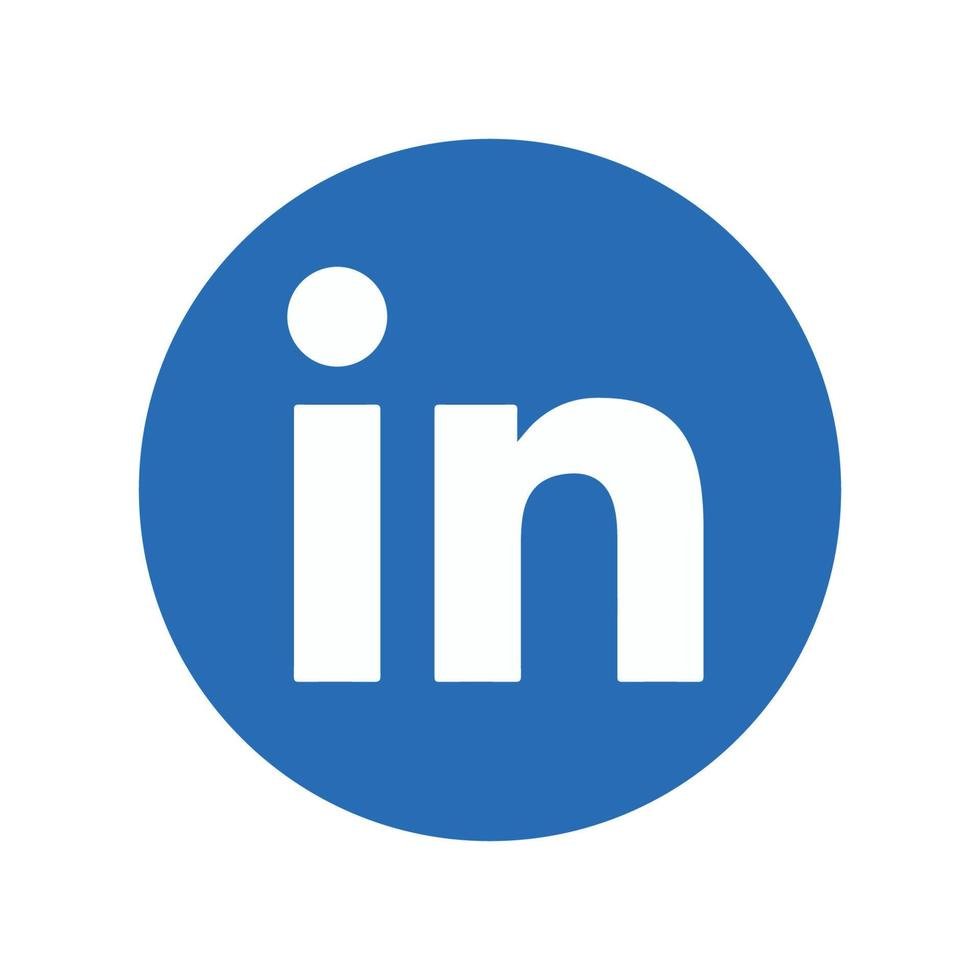3 Reasons Why You Need a Career Coach Now More Than Ever
Original article can be found on LinkedIn.
The “new workplace” looks very different in the post-pandemic world that we live in. A number of societal changes have impacted how many people think about and navigate their careers, which is why a coach can be indispensable in reaching your professional and personal goals.
1. The Remote Work Phenomenon
According to Forbes, over 40% of full time employees currently work either remotely or via a hybrid arrangement. There are numerous companies whose offices were full prior to 2020, where now there are just rows of empty desks – even though they have maintained a robust workforce. Technology, including the proliferation of video meetings, can have a profound impact on not only where we work but also on how individuals are assessed and advance.
For those who work remotely, the opportunities for exposure to senior management and other key stakeholders are fewer than when everyone worked in person. Sure, you see people on Zoom calls, but those interactions tend to be mostly transactional. The days of running into your boss – or someone you would like to be your boss – in the breakroom are mostly a thing of the past. Even if you do work in the office a couple days a week, there is a good chance that your supervisor or the teammates that you collaborate with on projects may not be there that day. Additionally, what is often overlooked in today’s environment are the bits of information (okay, sometimes “gossip”) that used to be obtained through office interactions which were valuable in getting a read on where the organization was headed - and perhaps your status there.
Some of you reading this article may say “but I still go into the office every day!”. True, but if you manage people, there’s a good chance that some of them do not follow that schedule. Moreover, you will likely encounter current team members or potential new hires who would prefer an alternative work arrangement. How skillfully you handle those requests can impact your own career.
2. Establishing your Personal Brand
In part because of the remote/hybrid work environment discussed above, it can now be more challenging to stand out as a high potential performer. In order to not be just another box on the video calls, employees need to cultivate different ways to stand out from the crowd in a positive way. Many individuals don’t realize that even when they are “on screen” it is a brand building opportunity (or a missed one). Do they ask insightful questions in meetings or hang back and wait for the meeting to end as part of a risk avoidance strategy? While technical expertise and delivering results remain important, senior decision makers are more likely to champion those they have a relationship with or have observed distinguishing themselves in some way.
3. Reassessing what’s important
In 2020, the tragedy & disruption from Covid-19 coupled with the emotions stirred by the social justice movement caused many people to reflect on what was truly important to them. Individuals who were previously bent on climbing the corporate ladder began asking questions like: “does my career align with my passions and priorities?” and “is money my main motivator or does my work need to have a positive societal impact?”. As a result, there has been an increase in employees contemplating career shifts, including considering entrepreneurship. However, many of these individuals are lacking clarity on how to navigate a transition including gathering key information, leveraging existing and potential relationships, and determining how & when to exit their existing employment situation. An executive or career coach or “life coach” are skilled in helping you uncover the ideal path for your situation.
Conclusion
Regardless of the direction in which you want to steer your professional journey, a coach can be an invaluable asset. In many cases, organizations will provide or pay for a coach for their senior executives or emerging leaders, but you may have to ask if that is a possibility. Even if you have to cover the cost yourself, just a few sessions with the right coach can make a difference in discovering the best path to reach your goals. After all, what’s a more important investment than the one you make in yourself!
Mark Smalls is the President & Founder of T. Bryce Consulting which provides marketing, professional development, and DEI advisory services. He is a former Chief Marketing Officer who has held senior roles with Citi, Pepsi Cola, and several other global organizations.



